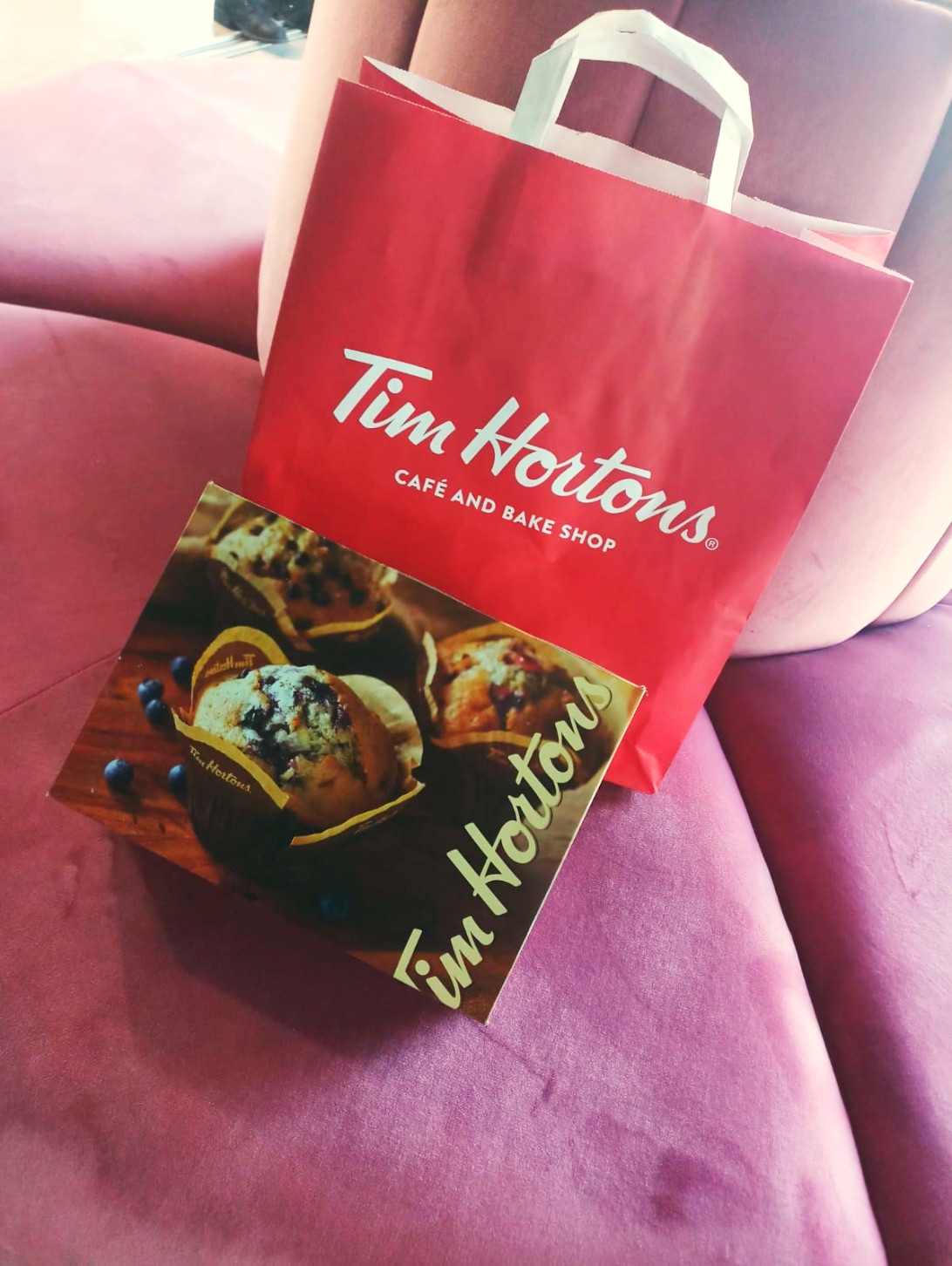
The Covid-19 pandemic is like nothing businesses in post-war Britain have ever experienced, bringing the majority of sectors to a standstill. None have been quite impacted like the high street food & drink industry, who were one of the first to feel the impact of compulsory business closure as part of social distancing measures.
Our Founder Raps Gill caught up with Vaal & Vaal member Gopi Dhaliwal – Chief Executive of the £200m master franchise group SK Group.
Known for its pivotal role in the expansion of the UK’s no.1 high street pizza chain – now owning 250 stores nationwide – SK Group are the masterminds behind bringing Canada’s most infamous coffee chain to the UK in 2017.
With 2020 originally poised for aggressive expansion, Gopi shares his thoughts on what this time means for companies like his.
With the future of high street restaurant chains in doubt, and some announcing permanent closures, will now be the time for challenger brands?
I think for challenger brands to truly make a noise the obstacle is often in the number of site locations.
Whilst in Canada 80% of the population visit the coffee chain at least once a month, with just 25 restaurant sites in the UK we are unable to hit these numbers yet.
Challenger brands thrive on visibility and so the number of outlets and marketing budgets is key for us to be able to ‘challenge’ the likes of Costa or Starbucks.
The high street is in a precarious position at the moment, providing challenger brands a unique opportunity for property acquisition.
Whilst larger chains with bigger overheads will be looking at ways to consolidate costs, smaller outlets can grow their physical footprint before having to necessarily increase headcount.
Previously smaller brands would not be on strategic corner sites or in major cities as they simply could not afford the rent and rates – but the tide could be turning. The market is already showing signs of being ‘tenant-driven’ – whereby demand for outlets is shrinking, putting landlords in a weaker position to dictate rent costs.
We have already seen somewhat of a reset regarding rents & rates, but I predict a much more significant one to come as major high street chains continue to collapse, close, or shrink.
If ever there was a time for high street challenger brands to increase visibility, it would be now.
Months-long shutdown of the hospitality & leisure industry has forced behavioural change – will consumer behaviour change long term?
An important observation any newly established, emerging or challenger brand should be aware of is the power of customer loyalty, and how it really comes into play during times of uncertainty.
By nature during this period, consumers become risk-averse and more cautious. Over the next 18-24 months consumers will ‘stick to what they know’ and brands that they are familiar with as a way of being safer with money.
Less experimentation makes it a tough market for challenger brands, and this is where marketing becomes critical. Excessive noise and creating familiarity is important, but so is the messaging – for challengers it is important to evoke feelings of trust and credibility.
In addition, if there is one thing the 2008 financial crisis taught me is that in times of economic uncertainty or downturn (much like what we are expecting to happen now), consumers ‘trade down’ – e.g. people went from going out to restaurants to have pizza to then having it delivered to their homes.
What advice would you give to business owners and industry heads in your industry for the future?
Try to really understand this new world that we are living in and apply those impacts to every aspect of your business – modelling scenarios is key. For example:
- Marketing: understand the purchasing behaviour of today and tailor your messages accordingly. Are you a challenger – if so, build credibility. Are you a necessary purchase – if so, reward loyalty. Are you a want – if so, remind people why they need that treat.
- Health & Safety: take the time to truly understand the changes that are required and spend money on modifying operations that will truly make a difference to operations, efficiency and safety – it will be more cost-effective in the long run.
- Change is key: whether you are established or a new business, now is not the time to dwell on the ideas or plans you had pre-pandemic. We are all in the same boat, the sooner we accept that things have changed the quicker we will be able to adapt and thrive.

